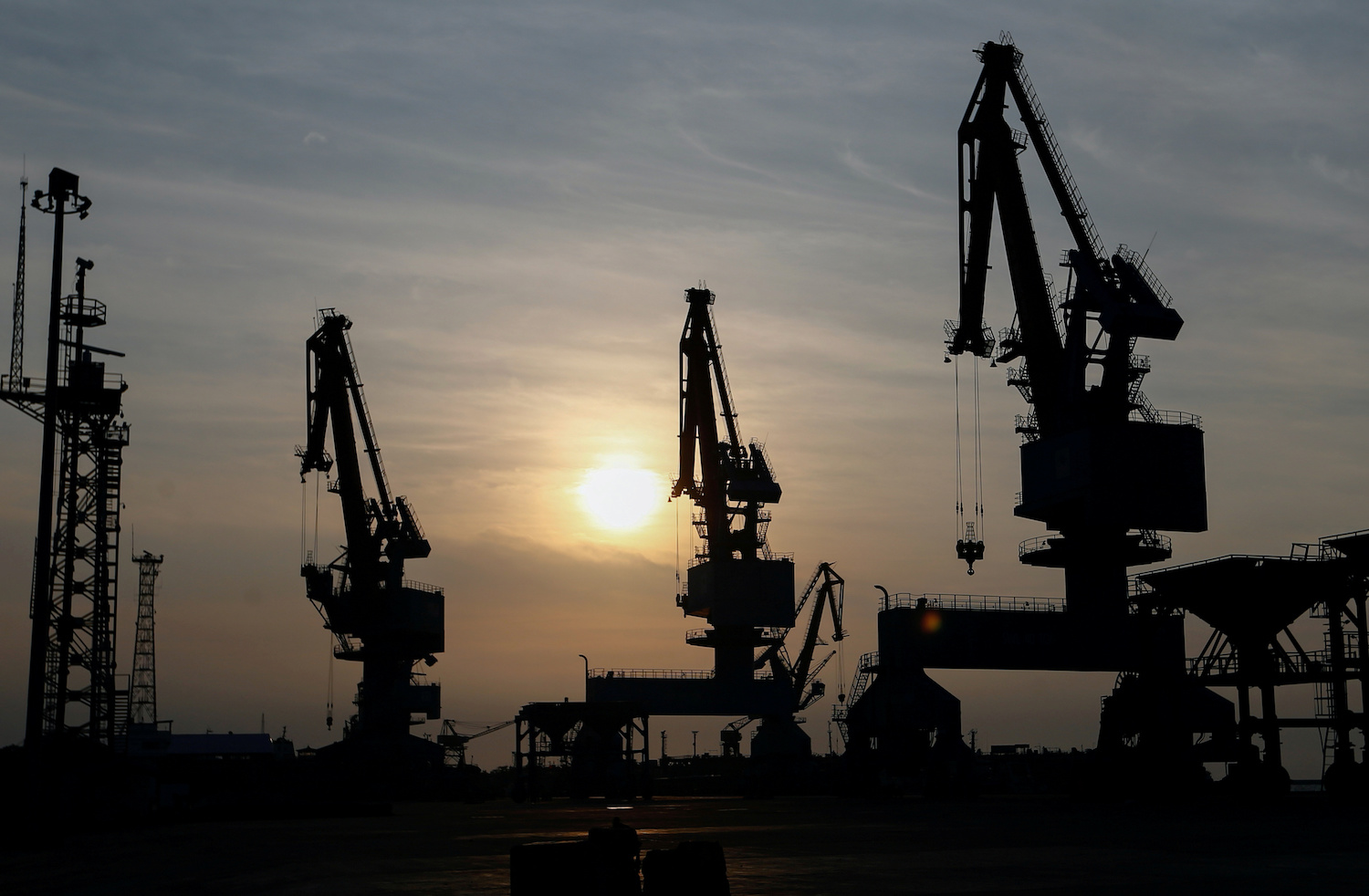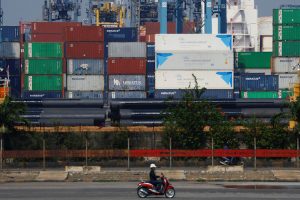Indonesia suffered its first recession in over two decades as the Covid-19 pandemic hit consumption and business activity in Southeast Asia’s largest economy, costing millions of jobs, the statistics bureau said on Thursday.
Gross domestic product (GDP) shrank by a slightly more than expected 3.49% year-on-year as household consumption and investment fell in the third quarter, official data showed. Economists in a Reuters poll had expected GDP to decline 3% after a 5.32% contraction in the second quarter.
Finance Minister Sri Mulyani Indrawati told a news conference the “the worst is over” pointing to a sharp rebound in quarterly GDP in the July-September period.
But a separate statistics bureau survey showed some 2.6 million people had lost jobs (out of 270 million) in the year to August due to Covid-19, pushing the unemployment rate to a nine-year high of 7.07%.
A 9.8% rise in government spending helped soften the blow, but economists called on more stimulus to lift the economy.
“The government will focus on further accelerating economic recovery and returning to positive economic growth,” said Sri Mulyani, adding authorities would boost spending in the fourth quarter.
The rupiah and the main stock index briefly pared gains after the data.
Indonesia’s first recession since the Asian financial crisis in 1998 – normally defined as two consecutive quarters of economic contraction – comes as the country has struggled to contain the coronavirus outbreak. It has the highest caseload and Covid-19 death toll in Southeast Asia.
Indonesia introduced restrictions to contain the spread of the virus earlier this year, many of which were lifted in June, but the government imposed a second round of curbs in Jakarta for a month in September.
Household consumption, normally the economy’s main growth engine, fell 4% on an annual basis in the third quarter, while investment dropped 6.5% and exports tumbled 10.8%.
GDP grew a non-seasonally adjusted 5.05% quarter-on-quarter, up sharply from a 4.19% contraction in the second quarter.
$48 billion in relief spending
The government had spent 52.8% of its 695.2 trillion rupiah ($48.3 billion) pandemic-relief budget year-to-date, official data showed.
“Given the unfathomably slow pace of fiscal stimulus disbursement … the pressure is on monetary policy to do more,” Wellian Wiranto, an economist with OCBC, said.
Bank Indonesia (BI) Governor Perry Warjiyo has said the central bank has further room to act after 100 basis points of rate cuts this year and more than $30 billion of state bond purchases. BI’s next monetary policy review is scheduled on November 18-19.
The data comes after thousands of people took to the streets in the youthful nation in October calling for the reversal of a controversial law aimed at job creation that protesters say comes at the expense of the environment and labour.
David Sumual, an economist at Bank Central Asia, said the recession was unlikely to trigger social unrest due to the increase in social spending for the most affected communities.
The economy “continues showing a contraction year-over-year but the quarter-on-quarter recovery was quite strong”, said Anwita Basu, head of Asia Country Risk at Fitch Solutions in Singapore, highlighting a gradual pickup in manufacturing.
“Some government efforts to continue with public works is reflected in that,” she added.
Indonesia’s economy was also in better shape than two decades ago, with once-troubled commercial banks now stronger and ample foreign currency reserves at the central bank, Basu said.
At least 14,000 Covid deaths
Covid-19 infections have topped 420,000 and there have been more than 14,000 deaths, putting Indonesia among the worst-hit Asian countries.
However, the true scale of the crisis is widely believed to be much bigger in Indonesia, which has one of the world’s lowest testing rates.
President Joko Widodo has been widely criticised over his government’s handling of the pandemic, as it appeared to prioritise the economy.
Boosting annual growth above 5% had been a key priority for Widodo in his second term, which began late last year.
On Monday, the president signed into law a package of pro-business bills aimed at cutting red tape and drawing more foreign investment as he pushes an infrastructure-focused policy.
But the controversial legislation has sparked mass protests in cities across the nation, as activists warned it would be catastrophic for labour and environmental protections.
With reporting by AFP
























